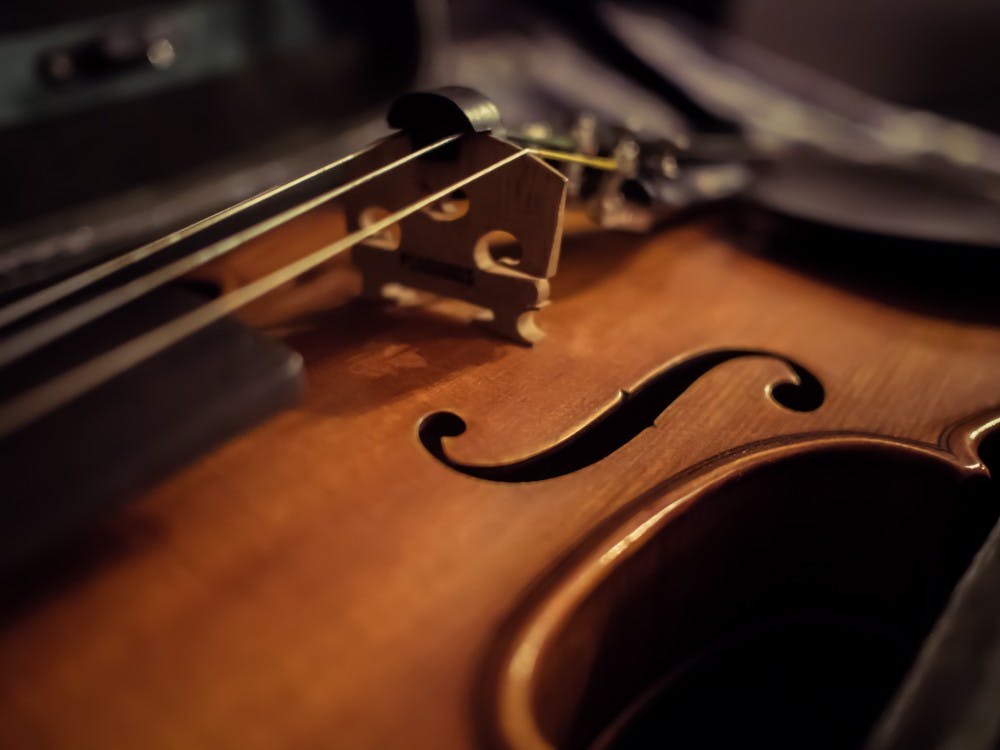Most associate classical music with the past and the likes of Mozart and Bach. But the genre has found a strong voice here at Penn with the help of three intrepid graduate students.
“I think there is no better time for this kind of music to take off. You have young musicians who are no longer skeptical of contemporary composition,” graduate student in composition Jacob Walls said.
Jacob is one of several graduate students at Penn who composes his own music. The composition process is always different for Jacob. In some cases, he simply tries to imagine what kind of sound should come next in the piece. At other times, his method is tactile—the keyboard guides his process. Jacob stresses that in every instance, he’s always thinking about how to incorporate other genres such as contemporary jazz and classical music.
“I had this fear when I came [to Penn] that I am not really doing enough to represent all the other things that I like to listen to,’” Jacob explained. “How do you make music in 2017 that sounds fresh and that also represents all of things you love from all music?”
Kevin Laskey, also a graduate student in composition, says that composing comes down to making decisions. He wants “to make composing as much like ordering at Chipotle as possible.” Kevin says this involves having discrete ideas and instruments, paired with an intuitive sense of what he wants to create. Then he tries to break that down into manageable decisions.
Like Jacob, Kevin is also intrigued by both jazz and classical music and finds composition is the means to bridge the two genres. The two also both study music in Penn’s graduate school.
“That has been an animating feature of the music that I have written, trying to find some space in–between a kind of very formalized way of thinking from the classical tradition and improvisation via the jazz tradition,” Kevin said. “That kind of tension between these different types of music can really be a great inspiration for me.”
Kevin has also found inspiration in various historical events, including the tumultuous 2016 election and the 2014 shooting of Michael Brown in Ferguson, Missouri.
“There was a photo of [Brown’s] father at the memorial service that I saw in The New York Times. It was an incredibly powerful photo and just that image and the combination of anguish and the desire to have some kind of living memorialization of a ‘never again’ kind of feeling. I wrote a piece for a jazz big band that explicitly dealt with that.”
Nathan Courtright, also pursuing a Ph.D in music, finds that inspiration is tricky when it comes to composing a piece. But he refuses to give in to writer’s block.
“If I only wrote when I was inspired, I would never get enough written,” Nathan said. “I think inspiration happens when you force yourself to sit down and discover something. My inspiration comes from improvisation.”
Nathan also said that composition involves a balancing act of appealing to the past, while not directly copying it. He finds that striking a balance comes from listening to a diverse range of music and trusting your instincts.
Nathan says, “It is a lot easier to do something new, then improve upon something that is well established.”

